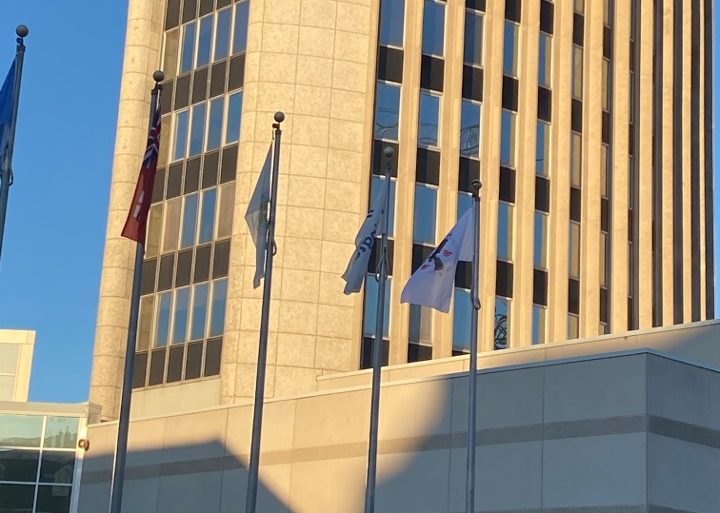Burlington’s Environment Committee this week accepted the inevitable when it received a staff report confirming that the city should not get involved in monitoring air quality.
“The Province and Region are ultimately responsible for air quality and public health. …The intended benefits of implementing a new by-law will be limited,” said the staff report.
The report went on to describe such a municipal bylaw as “extremely complicated” and cited a variety of problems including conflict with provincial jurisdiction, the cost to taxpayers of new equipment and additional staff, as well as the potential negative impacts on local businesses.
The report also said that the biggest source of air pollution is traffic and Burlington is surrounded by highways.
Committee members accepted the recommendation not to proceed with a new bylaw.
Mayor Meed Ward, who was always vested in the idea, expressed disappointment.
“It was tough to read the report and realize that this wasn’t going to be an avenue for us; that this health protection bylaw was not going to be a meaningful avenue to change. That’s hard.”
But, not to be undone by their disappointment, the committee then supported a motion by Councillor Paul Sharman directing staff to prepare another report. This one asks how the city can monitor the work of provincial regulating agencies to make sure they are doing their jobs monitoring air quality in Burlington.
Meed Ward supported that motion and seemed to finally agree that it is the province’s job to monitor air quality.
“Our primary role in the community is to hold those whose job it actually is to do this enforcement, to hold their feet to the fire to enforce.”
The committee’s recommendations now go to the September 20 council meeting.
The idea of a municipal air quality bylaw stems from the 2018 election when then-mayoral candidate Marianne Meed Ward promised Tyandaga residents that if they voted for her, she would “push for a provincial review of the North Aldershot quarry expansion and air quality studies of quarry dust to ensure we protect the health of neighbouring residents.”
The provincial review never happened because the quarry always had the legal right to expand into Tyandaga. Meed Ward then tried to use the city’s tree bylaw to hold up the quarry expansion but failed. Requests by the Tyandaga Environmental Coalition that the city peer review the quarry’s own studies have gone nowhere.




